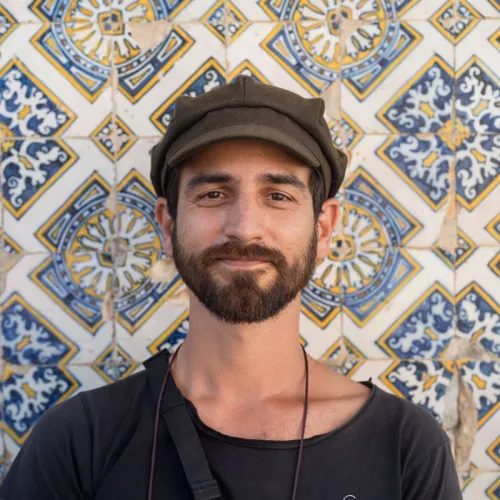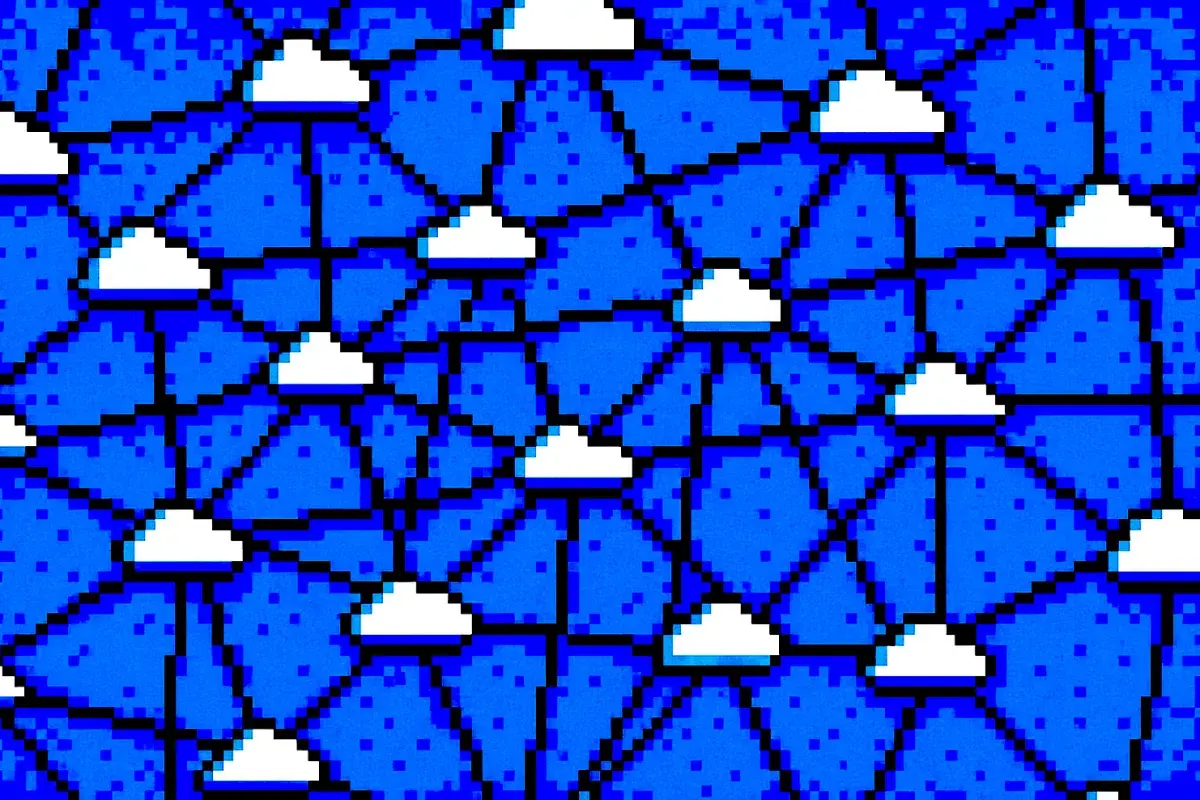
Working in creative bursts
I’m coming to accept that I work in creative bursts — intense periods of production, followed by quiet introspection.
December 28, 2024
When a friend recently asked if I was using ChatGPT to plan my business strategy for 2025, I felt an unexpected bit of shame – as if relying on AI somehow diminished the value of my work.

I realize my feelings are influenced by the stark division I see in the public opinion about AI: tech-oriented people rave about its potential, while almost everyone else dismisses it. Me? I’m pro-AI, although I have my reservations about the way it’s been trained without retribution to its sources.
In any case, it is undeniable that the amount of output I’ve managed to create in the last few days of planning is outstanding. I’m now able to have excellent discussions with ChatGPT, fill knowledge gaps, overcome fear and uncertainty, and gain confidence in the type and quality of work I produce.
The more I use ChatGPT, the more I learn how to turn it into a powerful assistant that multiplies the energy I put into it and enables me to plan and execute my ideas with much more ease.
This is the main issue I see with those who are against AI. The narrative often claims that this technology will make people less creative, the same way teachers once warned us that relying on calculators would make us worse at math.
Sure, it’s important to understand the fundamentals of whatever it is we want to do. But to say that we’ll be worse because of AI implies a lack of understanding and vision about what this technology is already enabling humans to do.
At the end of the day, AI doesn’t define our creativity – we do. Whether it limits or amplifies our potential depends entirely on how we choose to wield its power.

Sergio Camalich Morales
I am Mexican Graphic Designer, Photographer and Artist, writing about the underlying craziness of reality, and other stuff.

I’m coming to accept that I work in creative bursts — intense periods of production, followed by quiet introspection.

It’s easy to get stuck inside a hamster wheel of *doing* when making things on the internet.

Buy into the systems, do the courses, get all the help you need. But at the end of the day, don’t take somebody else’s path — as valuable as their insights and experiences might be — over your own.